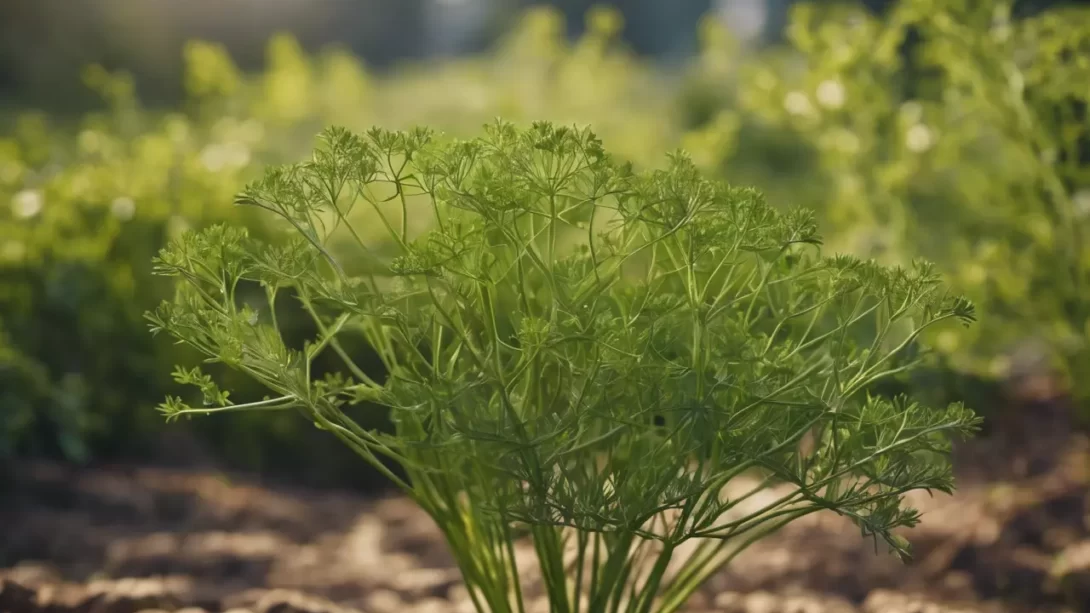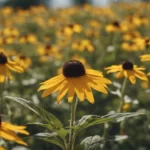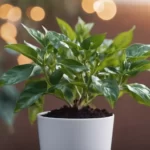Dill, known for its delicate feathery leaves and distinct flavor, is a versatile herb that adds a unique touch to various culinary delights. Beyond its uses in the kitchen, dill benefits from companion planting, a gardening strategy where certain plants are strategically placed to enhance each other’s growth and repel pests. In this exploration, we’ll uncover the art of companion planting for dill, focusing on suitable plant companions that contribute to its well-being and culinary qualities.
- Bright Green leaves with minty scent and taste
- Harvest often for a bushier plant
- Use in tea and other beverages
- Good choice for containers, as plant spreads easily and can take over the garden
- Tolerates light frost
Suitable Companions for Dill
Dill flourishes when surrounded by compatible companions. In the vegetable realm, dill finds synergy with cabbage, where the two plants mutually benefit each other by deterring pests. Similarly, corn and dill make compatible neighbors, with dill attracting beneficial insects that contribute to corn’s health. Among herbs, parsley shares growing conditions with dill, creating a harmonious combination both in the garden and on the plate. Basil, with its similar care requirements, not only complements dill in the garden but also enhances the overall flavor palette.
Flowers
In the realm of flowers, nasturtium proves to be an excellent companion for dill. Nasturtium is known for its pest-repelling qualities, providing a protective shield for dill against certain garden pests. Additionally, the vibrant and edible blossoms of nasturtium add aesthetic appeal to the garden, creating a visually pleasing environment. The combination of dill and nasturtium demonstrates how companion planting can be both functional and beautiful, contributing to a thriving and visually appealing garden.
Considerations for Companion Planting
Effective companion planting involves thoughtful consideration of various factors to ensure a harmonious garden environment. First and foremost, understanding the soil conditions and pH levels that both dill and its companions thrive in is essential. Matching these conditions ensures that the plants can coexist and support each other’s growth. Sunlight requirements are another critical consideration, as certain plants may have different preferences for sun exposure. Additionally, the pest control benefits of companion planting should be taken into account, ensuring that the chosen companions contribute to a healthy and thriving garden ecosystem.
Conclusion
In conclusion, companion planting for dill offers a strategic and holistic approach to gardening. By carefully selecting suitable companions among vegetables, herbs, and flowers, gardeners can create a dynamic and mutually beneficial environment. From deterring pests to enhancing flavor profiles, the art of companion planting enriches the gardening experience. As we experiment with these plant pairings, we not only foster a thriving garden but also contribute to the beauty and diversity of the natural world. So, whether you’re cultivating dill for its culinary uses or simply for its aromatic charm, consider the companions that can make your garden a flourishing and harmonious space.




